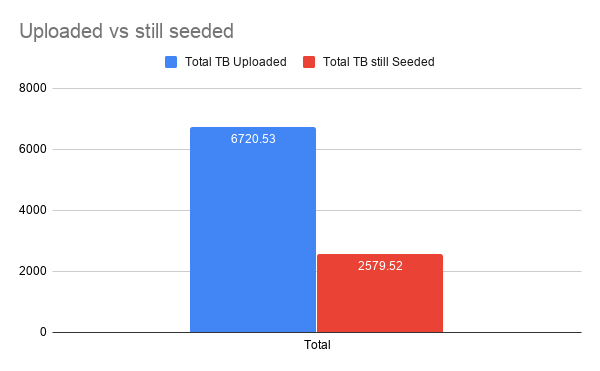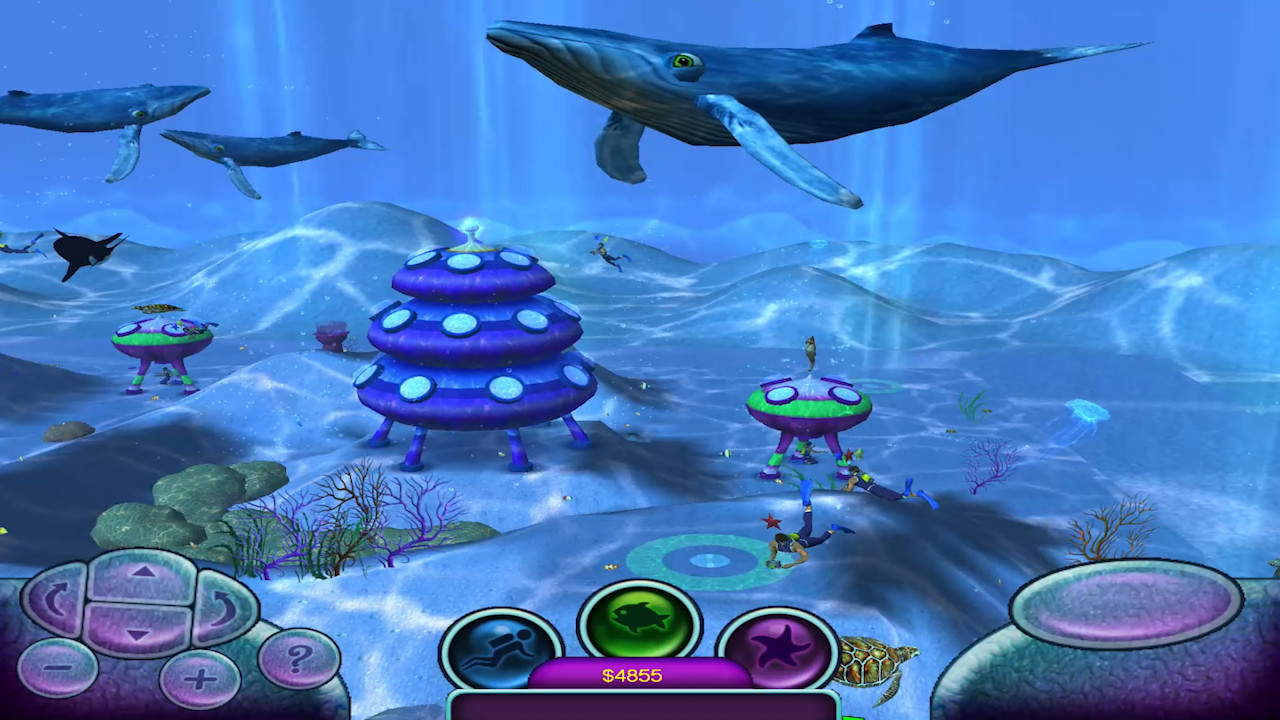

In the region, she has been known for almost a decade as the “dosyuranee,” or Pirate Queen. Zafar Alam, owner of one of the three trawlers, said that Rahima was from a notorious family of fishermen-turned-robbers. It became clear to all that Rahima Khatoon, a woman in her 40s from the neighboring Chhanua village of Kudukkhali, had led the latest maritime attack. On their return to their village, Hossain and the two other fishermen revealed the identity of the pirates. So, the pirates decided to kill all of the hostages," he said. "We guess, when the pirate leaders involved in the latest attack found out that many of the hostage fishermen knew them as neighboring villagers, they feared their identities would be revealed once the fishermen returned to their villages. Most of the pirates live in coastal villages in the guise of fishermen, Akhtar added. They killed the fishermen this time in a very cruel way," he said. "But we have never heard of so many fishermen being killed by pirates in one attack in the past. In rare cases, they also kill the hostages, if their demands are not met by the fishermen's relatives," Akhtar told DW. The pirates also kidnap fishermen to demand ransoms. "Looting of the fishermen's catch, nets, machinery, and extortion, are sometimes reported from the Bay of Bengal.

Killed because 'they identified the pirates'Ī group of fishermen get ready to launch their boats at Cox's Bazarīabul Akhtar, from the local police of the Cox's Bazar coastal district, where many sea pirates have their hideouts, said that Bangladesh's security agencies were concerned with the recent spike in crimes in the Bay of Bengal. Hossain added that he believed the nine missing men, or their bodies, may have been eaten by marine animals.

I am sure they have killed all our brothers in the same way," he said. "From the recovered bodies it is clear that, before throwing our men in the sea, the pirates tied up their hands and legs to prevent them from swimming to safety. I identified some of the roughly 30 pirates, most of whom were from our neighboring coastal villages," Hossain told DW. "During the attack three of us jumped into the sea and swam for three hours before we were rescued by other fishing boats. His own frantic flight from the pirates left him with a bullet wound.

Like most people in Chhanua, Noor Hossain, one of the three fishermen who escaped, believes none of the 32 fishermen who were held hostage is still alive. While three of the fishermen managed to flee by jumping into the water, the pirates held 32 others hostage after looting their catch, the fishing nets, trawler engines and generators.Ī week later, the Bangladesh Navy and Coast Guard recovered from the sea 23 victims' bodies with their hands and legs tied. In that March 27 attack the pirates fired on the fishermen, before taking control of the three trawlers. After a week-long, deep-sea fishing trip in the Bay of Bengal, a group of 35 Bangladeshi fishermen were bound for home in Chhanua near Chittagong with their catch when they were attacked by pirates.


 0 kommentar(er)
0 kommentar(er)
